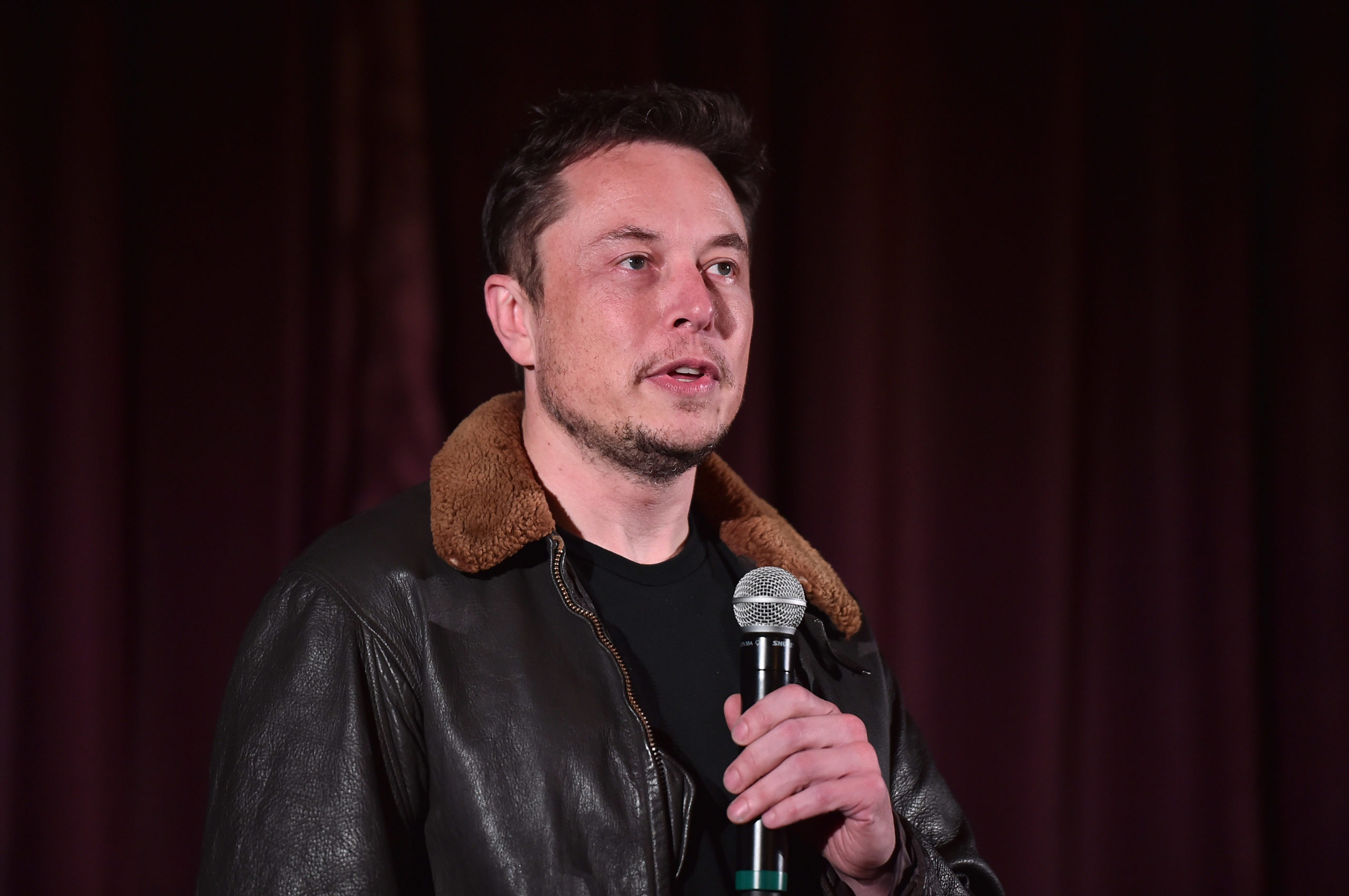Some of Elon Musk’s new policies for the social media platform now known as X have critics fearing it will return to Twitter’s censorious past, especially as the 2024 presidential election approaches.
Aaron Terr, director of public advocacy at the Foundation for Individual Rights and Expression, is sounding the alarm about Musk’s regime at the company.
“Musk hasn’t lived up to his stated commitment to free speech,” Terr told the Daily Caller News Foundation.
“If he truly wants to make it a haven for free speech, he needs to take a hard look at the platform’s content moderation policies and practices.”
Many have pointed to Musk’s recent choice of Linda Yaccarino as his replacement CEO of X — formerly known as Twitter — as the start of the downhill trend for free speech on the platform.
Once a vocal advocate and self-proclaimed free speech absolutist, @elonmusk has become increasingly silent on these issues.
Has Linda Yaccarino, a left-leaning WEF member, become the new arbiter of free speech on the platform? It’s not looking good. pic.twitter.com/Hymhj413sw
— Larry Alex Taunton (@LarryTaunton) September 5, 2023
Yaccarino recently offered users “Freedom of Speech, Not Freedom of Reach” within a summary of the platform’s supposedly reformed policies — an approach that some fear censors will use to diminish and minimize the spread of targeted content.
“Restricting the reach of Tweets, also known as visibility filtering, is one of our existing enforcement actions that allows us to move beyond the binary “leave up versus take down” approach to content moderation,” the platform said in explaining its policies.
Musk has defended the approach, taking objection to “negative/hate tweets.”
New Twitter policy is freedom of speech, but not freedom of reach.
Negative/hate tweets will be max deboosted & demonetized, so no ads or other revenue to Twitter.
You won’t find the tweet unless you specifically seek it out, which is no different from rest of Internet.
— Elon Musk (@elonmusk) November 18, 2022
Critics of Big Tech aren’t buying the idea that the policy is a significant change from Twitter’s old approach.
“It’s a very silly policy, and I think it’s about just as harmful as de-platforming, but it just seems a little more friendly and tolerant,” Jake Denton of the Heritage Foundation’s Tech Policy Center told DCNF.
James Woods — a longtime Hollywood actor and prolific user of Twitter for more than a decade — has also expressed criticism of X’s new approach to content moderation.
“Honestly, it’s just the same old Twitter, censorship and all.”
“When he locks my account, know I appreciate every one of you who have stood by me.”
Twitter’s new policy, called “Freedom of Speech, not Freedom of Reach” in a nutshell (see @Safety)
(And, yes, I know it’s “X” now, but honestly it’s just the same old Twitter, censorship and all)
When he locks my account, know I appreciate every one of you who have stood by me. pic.twitter.com/fmoVL7YGCb
— James Woods (@RealJamesWoods) August 31, 2023
The platform’s administration has also promised that those who pay for a subscription service variant of the service will be artificially prioritized, according to The Verge.
The approach has fueled criticism that X has become a de facto advertising platform instead of a digital public square under Musk’s administration.
X has suffered from a significant drop in ad revenue since Musk’s acquisition, according to The Guardian.
This article appeared originally on The Western Journal.
























 Continue with Google
Continue with Google